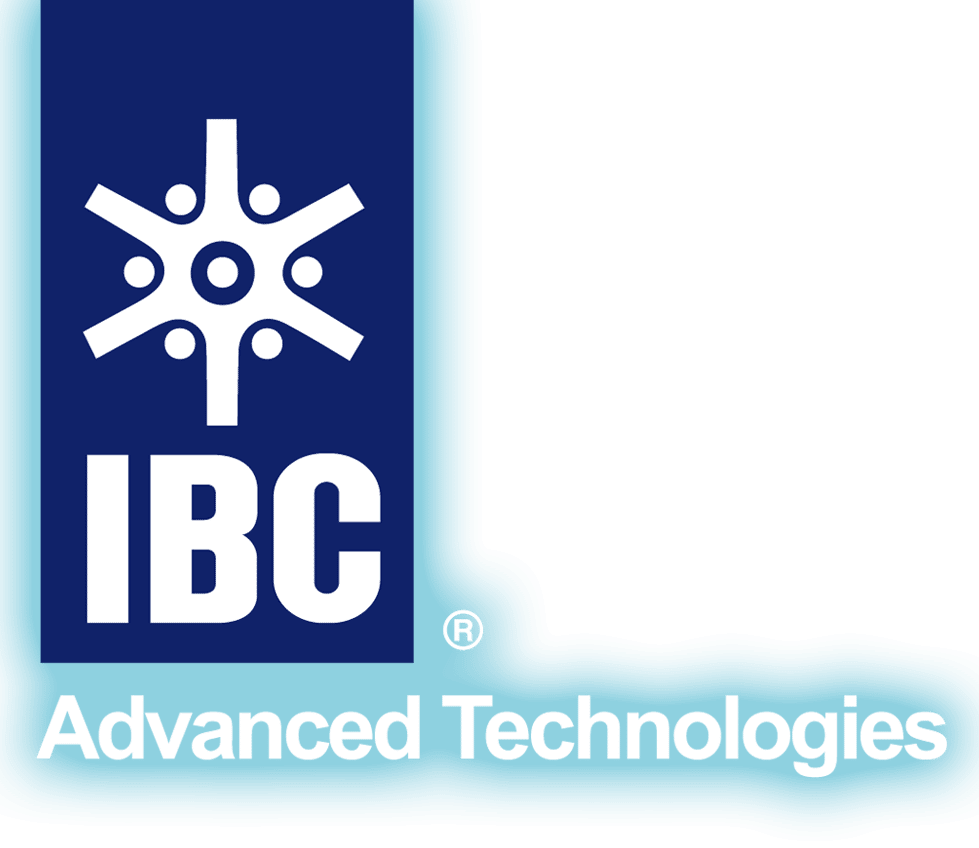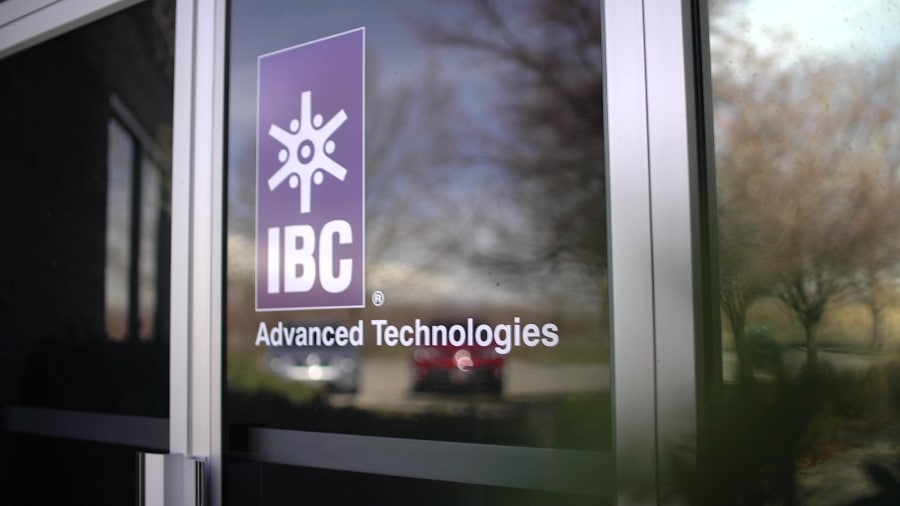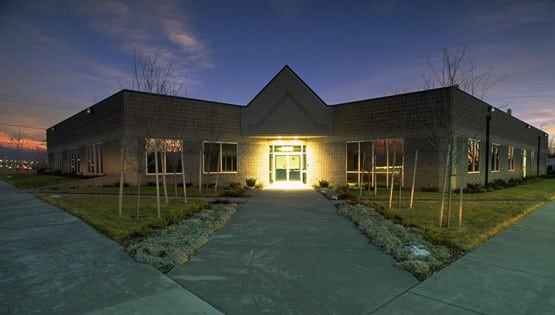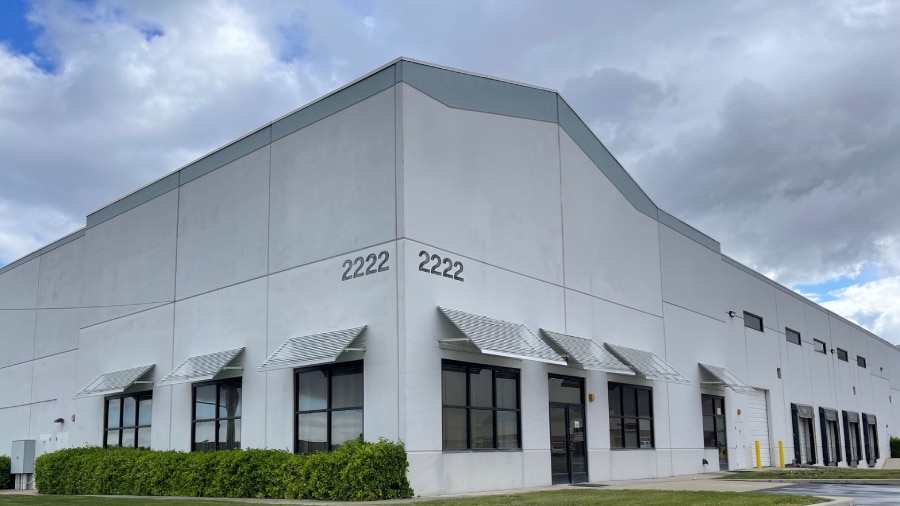To provide highly selective, green and cost-effective Molecular Recognition Technology™ (MRT™) products, processes and services to maximize the efficient and sustainable use of the world’s resources.
Origins
IBC was founded in 1988 as a spin-off from the Center for Chemical Separations at Brigham Young University. IBC has pioneered the development and implementation of Molecular Recognition Technology™ (MRT™) in a wide range of applications. With over three decades of manufacturing excellence, IBC’s MRT™ products, processes and services are used worldwide by a broad spectrum of industrial, university and governmental customers across multiple markets and applications.
IBC Provides Green Solutions to Meet the World’s Separation Needs
Based on green chemistry and green engineering principles, MRT™ processes:
- Are able to achieve positive Environmental, Social and Governance (ESG) impact
- Have minimal carbon footprint
- Are highly selective
- Have high first pass recovery rates
- Are compact
- Have low system complexity
- Minimize in-process product lock-up, releasing product earlier for sale
- Do not use organic solvents
- Conserve chemicals, space, infrastructure, labor, and energy
- Generate minimal waste
- Have significantly lower capex and opex values than other separations technologies
IBC’s expertise spans the periodic table of the elements to meet customer needs for highly selective separations of a host of cations and anions, as well as chiral and bio molecules.
MRT™ Products, Processes and Services Ensure a Sustainable Future for All of Us
IBC’s professional scientists, engineers, and business staff provide unparalleled skills in developing, manufacturing and installing high-quality, state-of-the-art MRT™ products and engineered systems that cost-effectively and sustainably:
- Meet increasing industrial and societal demands for pure materials
- Provide life-saving cancer therapies
- Enable more efficient and cleaner separations
- Make possible more efficient and sensitive analytical determinations
- Move toward circular metal economies that lead to metal sustainability
- Meet strict environmental regulations






